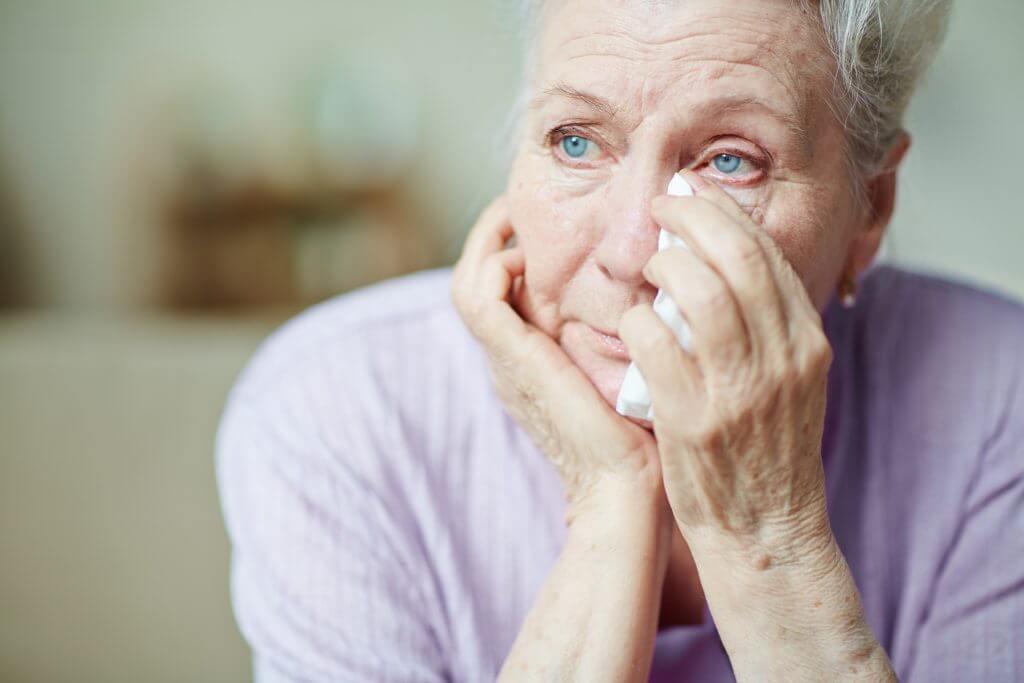Coping with Grief and Loss

Grieving Process
Grief is one of the hardest things a person has to go through. It is a natural way of showing emotion towards someone you love who is gone all of a sudden. The overwhelming pain can sometimes cause people to feel different emotions all at once. Coping with grief and loss can be challenging, but understanding the process can help.
These are some feelings someone may feel during the grieving process:
- Anger
- Anxiety
- Disbelief
- Depression
- Shock
- Guilt
Everyone’s grief is different, and each person has their own way of coping with it. It all depends on the situation the person was involved in and their relationship with the deceased. People start feeling better at their own pace, and there is no right or wrong answer for a time frame in finally accepting grief.
Stages of Grief:
During the grieving process, there are 5 stages of grief that people usually experience. These stages are:
- Anger
- Denial
- Depression
- Acceptance
Not everyone experiences these 5 stages in the same order, and they might feel them at different times.
Along with the stages of grief, there are symptoms a person could feel during those times. Usually, it comes with a lack of sleep or eating and an overall decline in well-being. People tend to slack unintentionally in their healthy habits because of the heavy burden of grief they are facing.
The symptoms that usually align with the grieving process include nausea, fatigue, aches and pains, insomnia, weight loss or weight gain, and more.
7 Things to Remember When Coping with Grief and Loss:
Grief is one of the most time-consuming experiences a person goes through. No one can really stop how they’re feeling. Our experts share a few tips on how to use daily grieving affirmations. Here are 7 coping affirmations to use when dealing with loss:
- You can handle it, even when you feel like you can’t.
- It won’t feel like this forever.
- Think in cycles, not lines.
- You’re not alone.
- Be gentle with yourself.
- Grief can bring meaning.
- Your feelings are normal.
How to Cope with Grief and Loss
No one is prepared for losing a loved one, and as much as you think you’re ready, you’re not. Losing a loved one is the most lifelong challenge a person has to experience. After losing a loved one, there are many changes in behavior, mindset, health status, and more. It is natural to have these sudden changes, but it’s also helpful to know how to properly cope with it all.
When a person is trying to cope, it is best to seek help from other sources. It doesn’t necessarily have to be a counselor, but it can be someone relatively close to you.
The main goal is to seek people that care about you and express your feelings. It is important not to be isolated during these times, even though it may feel like you need to be alone.
Everyone’s grief hits differently, and the lack of control grief brings is the hardest part. It is beneficial to know that during these rough stages, there is no specific time frame in which a person will automatically feel better. It takes time to cope, which is why there are many emotional support systems out there to help.
Know you are not alone. If you have any further questions regarding coping with grief and loss or want to know more about our Grief and Bereavement support, don’t hesitate to reach out at your preferred time.
Recommended Reading:
- Bereavement Strategies- Coping with Grief and Loss
- How Does Hospice Care Focus on Quality & Comfort of Life
- End of Life Care: Providing Care and Comfort at the End of Life
SAHARA HOSPICE CARE
140 Eldridge Rd Suite B 1, Sugar Land, TX 77478
Phone: (281) 313-0085
https://saharahospicecare.com//
